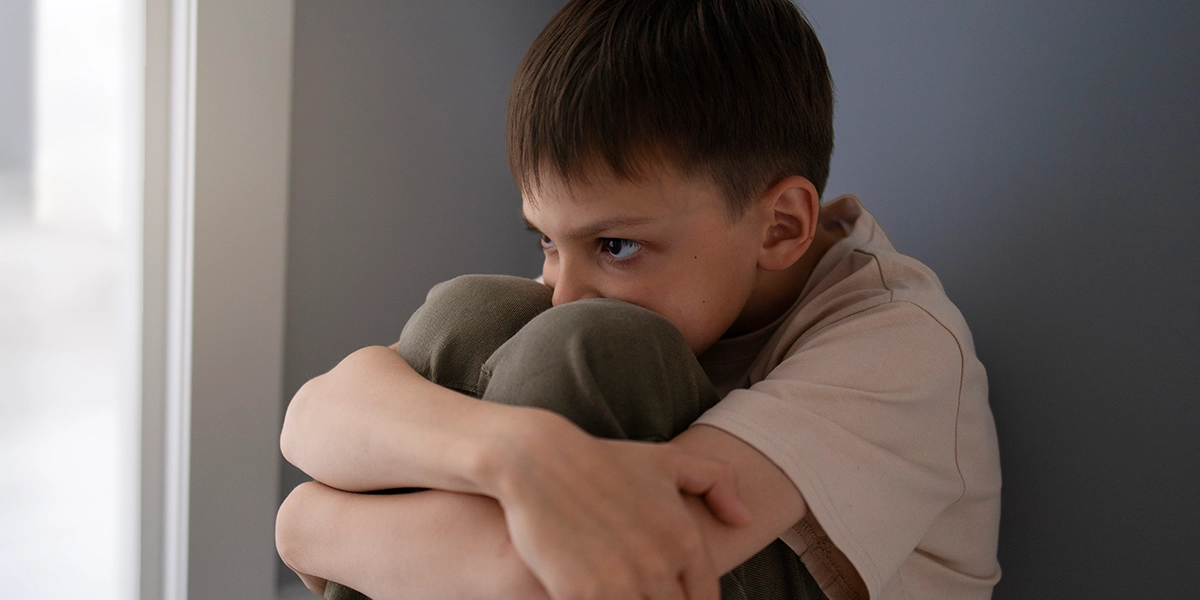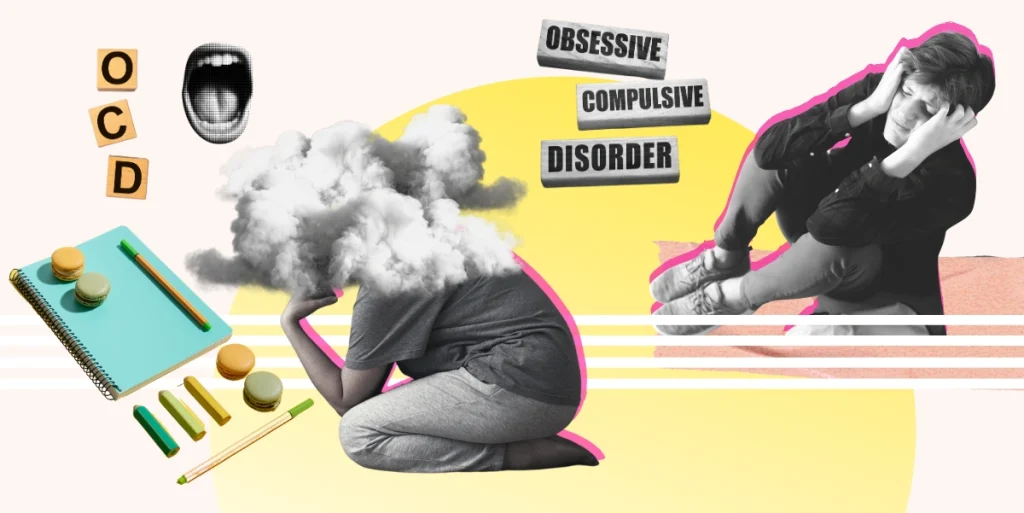Most mothers worry at one time or another about whether they are doing enough to ensure their children are happy, healthy, and well-adjusted. The truth is there’s no one-size-fits-all approach to parenting and each family is unique. But there are some telltale signs that most mothers who are doing parenting wrong share. If you are concerned that you may be a bad mother, there are some warning signs that you can look out for. In this article, we will discuss 10 warning signs of a bad mother and how to address them.
Who Is a Bad Mother?
Even though there is no definition of a bad mother, kids might feel they have grown up with a toxic mother figure. A bad mother can be described as someone who neglects or fails to adequately provide for the physical and emotional needs of their children. As an example, some mothers can be sensitive about their relationships with their daughters which can result in a bad mother-daughter relationship. This toxic mother-daughter relationship stops them from getting close and enjoying the bliss of having a good mother. If you’re wondering what the signs of a bad mother-daughter relationship or in general, a bad mother are, look at these 10 signs that can indicate you’re a bad mother:
Neglecting Basic Needs
Mothers are the backbone of many families, and in most cases, they are the ones responsible for providing for their children. Unfortunately, in some cases, mothers are neglecting their children’s basic needs. This can result in children being deprived of sufficient food, clothing, and shelter, or even lacking emotional support. The consequences of a mother neglecting basic needs can be dire, leading to long-term developmental and psychological issues. In extreme cases, the child may be taken into custody by the state and placed in foster care.
Not Providing Emotional Support or Guidance
Signs of not providing emotional support or guidance can include a lack of empathy, communication, and understanding from the mother. She may ignore her child’s wants and needs and not provide a safe space for them to express their emotions. She may also withhold verbal or physical affection. A mother’s support and affection are especially important because mothers are supposed to be a safe space for their children. Their support means more than what you might think. A child who has been deprived of their mother’s affection will seek their entire life to look for it in other people.
Using Manipulation to Get What You Want
Using manipulation or guilt-tripping to get your child to do what you want is a sure sign of bad parenting. Some parents tend to give their children silent treatment when things are not how they want. Others tend to victimize themselves to get their way. Either way, this behavior is not healthy. It’s important to be honest and straightforward when communicating with your child and to make sure they understand their choices and the consequences of those choices.
Not Setting Boundaries or Expectations
Not setting boundaries or expectations for your child can lead to confusion and a lack of discipline. It’s important to make sure your child knows what acceptable behavior is, and what is not. If your child engages in bad behavior, make sure that they’ll face the consequences. Of course, these consequences should be fair and communicated to them beforehand.
Allowing Unsafe or Inappropriate Behaviors
If your child is engaging in unsafe or inappropriate behaviors, it’s important to address the issue immediately. Allowing your child to continue these behaviors can have serious consequences and lead to further issues down the line. When your child sees that you ignore their wrongdoings, they will learn to neglect your authority and get away with everything. This hurts the healthy relationship that you could’ve had with them.
Not Spending Quality Time with Your Children
With the easy accessibility of technology and its benefits, it can be tempting to use it as time off for yourself. However, quality time is how your child learns to trust and depend on you. It’s where the bond between a parent and child is strengthened. Quality time also helps your child to feel secure and loved, and it’s how they learn to communicate and express their needs. So, even if you’re really busy, set aside some time to spend only with them. And make sure that you won’t get distracted during this time. The time spent on screens can never substitute the warm and nurturing feeling of a moment of fun spent with a mother.

Not Being Involved in Their Children’s Lives
It’s important to stay involved in your child’s life, whether it’s attending their school functions, or helping with homework. If you’re not actively involved in your child’s life, it can lead to feelings of neglect, which can have serious repercussions. These negative emotions can pile up later on. They can make your child feel like they’re never good enough to be loved. This can seriously damage their self-esteem in the long run.
Not Providing Discipline or Structure
Sometimes it isn’t easy to provide a balanced home environment. Children need to have a certain degree of freedom while still having a structured life. This structure can be related to the time they spend outside or the time they spend on technology. To monitor and control the time your child spends online, you can use a parental control app like Safes. Safes offers many features like screen time, live location tracking, and content management. You can try the app for free on Android and iOS devices as well as Windows or MacOS desktop devices. Aside from that, structure and discipline should exist in other aspects of children’s lives. Having a structured life can help them grow in a more peaceful environment. It can also contribute to their future success.
Empower your parenting with a safer digital environment! Sign up now for Safes’ free trial and gain access to advanced parental control features that cover all devices and platforms. Start protecting your child’s digital world – begin your trial today!
Using Physical or Emotional Abuse
Physical or emotional abuse is, of course, never acceptable behavior. The signs of emotional and physical abuse are not always obvious. But the consequences can be everlasting. It’s important that you educate yourself about what counts as child abuse and how to stop this kind of behavior. If you find yourself resorting to these tactics to get your child to obey or comply with your instructions, it’s time to seek help and find other ways to discipline your child.
Criticizing Your Child
It’s natural to want to help your child become the best version of themselves by offering constructive criticism. On the other hand, if you’re constantly berating or belittling your child, and are unaware of how much influence you have on them. It could lead to a lack of self-confidence and can have long-term psychological and emotional ramifications. So, we’re not saying that you should always be on board with everything your child does. But it is important that they see that you support them and are proud of them.

How To Address These Signs
If you’re looking for ways to improve your relationship with your child, start by taking a look at your behavior and identifying the signs of a toxic relationship. Then, take the time to listen to them and show that you care. A little understanding and compassion can go a long way in helping you both create a strong bond together. Make spending time with them a habit that you’ll never miss out on. Finding out why you show these signs might also be a good way to start bettering your relationship with your child. A professional counselor can help you get to the root of the problem. They can also help you overcome these problems and become a better mother.
Conclusion
Sometimes, the effects of bad parenting last forever with people. So, it’s a delicate subject. It’s easy to get caught up in the hustle of life and forget to spend quality time with your child. But it’s essential to make sure that you’re taking the time to connect with your little one. Good parenting will help to strengthen the bond between you and your child and make sure that they feel secure and loved.
To conclude, it’s important to remember that all parents make mistakes and that there is always room to improve. One unintentional mistake isn’t necessarily an indicator of toxic parenting. However, when you see a pattern of more serious behaviors in your parenting, such as verbal abuse, it might be time to stop. It might even be helpful to discuss your doubts about parenting with them since you might learn things from them.




